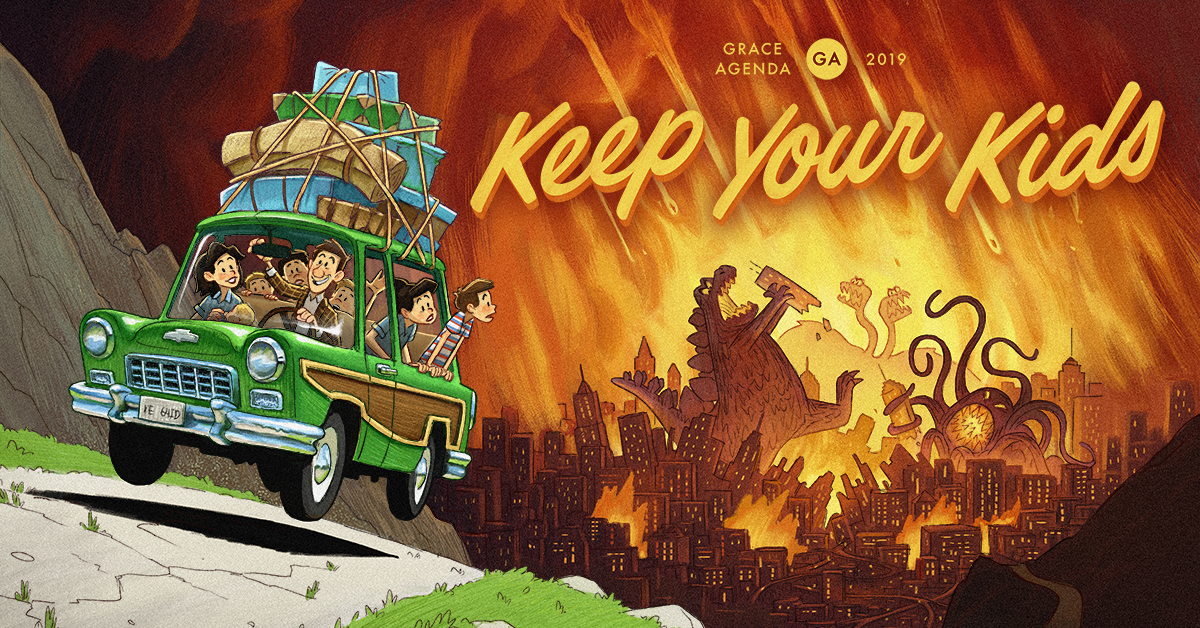The Promise & Peril of Infant Baptism Q&A (GA 2019 Men’s Seminar)
Warning: Undefined variable $author_nicename in /srv/users/christkirk-com/apps/christkirk-com/public/wp-content/themes/christkirk/functions.php on line 895
 The last several years Christ Church has tried an experiment in grace and has not charged for the Grace Agenda conference. In keeping with this spirit of grace, we are accepting free will donations at christkirk.com/give. Be sure to select ‘Grace Agenda’ in the form.
The last several years Christ Church has tried an experiment in grace and has not charged for the Grace Agenda conference. In keeping with this spirit of grace, we are accepting free will donations at christkirk.com/give. Be sure to select ‘Grace Agenda’ in the form. The last several years Christ Church has tried an experiment in grace and has not charged for the Grace Agenda conference. In keeping with this spirit of grace, we are accepting free will donations at christkirk.com/give. Be sure to select ‘Grace Agenda’ in the form.
The last several years Christ Church has tried an experiment in grace and has not charged for the Grace Agenda conference. In keeping with this spirit of grace, we are accepting free will donations at christkirk.com/give. Be sure to select ‘Grace Agenda’ in the form. The last several years Christ Church has tried an experiment in grace and has not charged for the Grace Agenda conference. In keeping with this spirit of grace, we are accepting free will donations at christkirk.com/give. Be sure to select ‘Grace Agenda’ in the form.
The last several years Christ Church has tried an experiment in grace and has not charged for the Grace Agenda conference. In keeping with this spirit of grace, we are accepting free will donations at christkirk.com/give. Be sure to select ‘Grace Agenda’ in the form. The last several years Christ Church has tried an experiment in grace and has not charged for the Grace Agenda conference. In keeping with this spirit of grace, we are accepting free will donations at christkirk.com/give. Be sure to select ‘Grace Agenda’ in the form.
The last several years Christ Church has tried an experiment in grace and has not charged for the Grace Agenda conference. In keeping with this spirit of grace, we are accepting free will donations at christkirk.com/give. Be sure to select ‘Grace Agenda’ in the form.